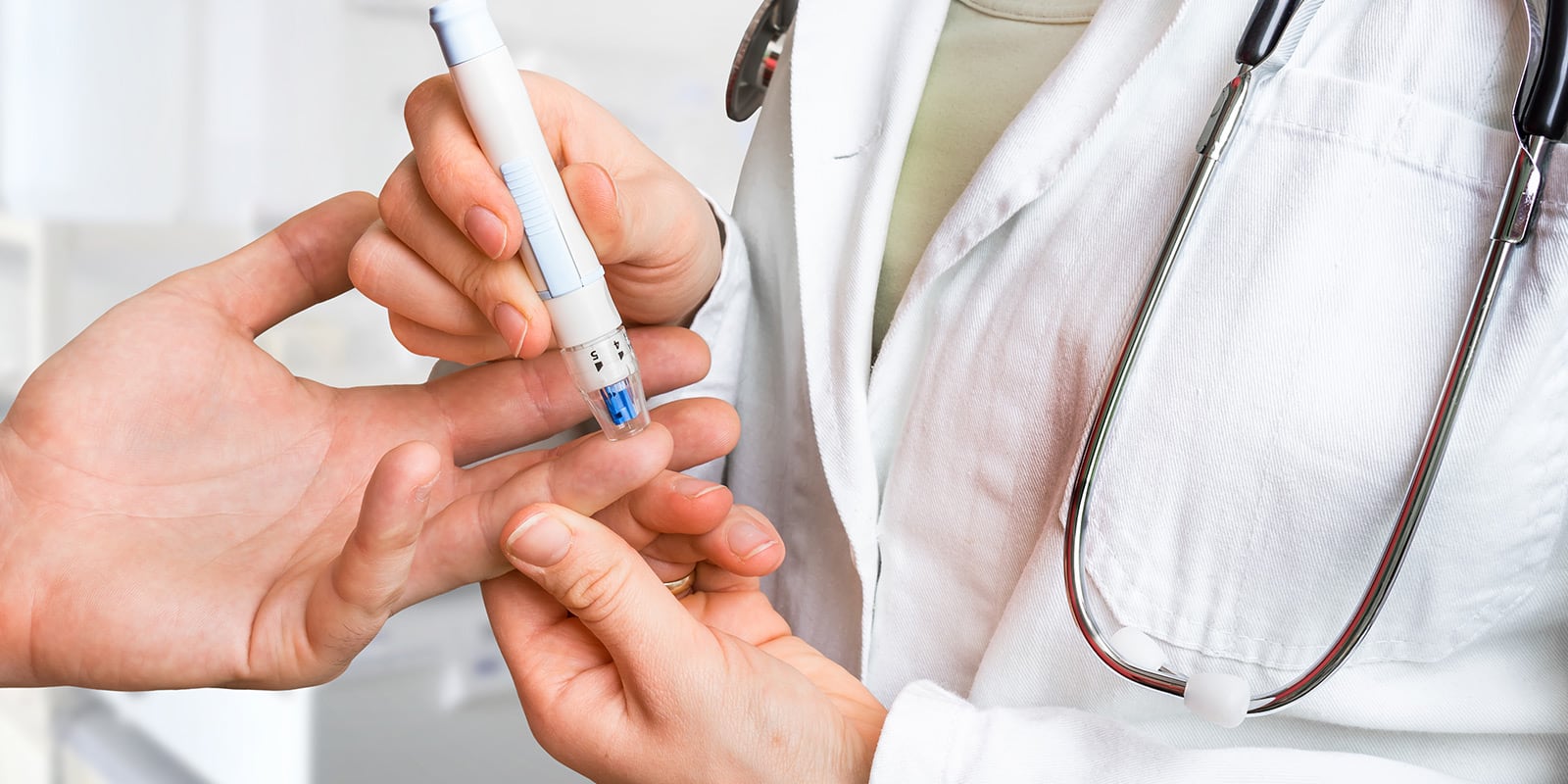
Anticoagulation Monitoring Services at UH Harrington Heart & Vascular Institute
The Anticoagulation Monitoring Service at UH Harrington Heart & Vascular Institute provides a safe, efficient and unified approach to monitoring outpatient anticoagulant therapy. We work with the patients primary care provider or other physician specialist to ensure that he or she receives the appropriate follow-up care.
Anticoagulants, such as Coumadin®, Jantoven® and generic warfarin, are often used to treat or prevent blood clots in people with certain medical conditions. These conditions include deep vein thrombosis (DVT), pulmonary embolism (PE), stroke, myocardial infarction (heart attack), or mechanical heart valve, recent knee or hip replacement.
Frequent and careful monitoring is required to ensure the patient is taking the correct dosage and to minimize harmful effects.
Services We Offer
- Use of a finger stick to perform on-site blood testing
- Dosing adjustments
- Patient and family education
- Screening and counseling for food and drug interactions
- Home monitoring (may be available if certain criteria are met)
- Reports to the patients physician
What Patients Should Know About Warfarin
Whether individuals are enrolled in an anticoagulation clinic or not, all those taking warfarin should:
- Receive the correct dose of medicine from their pharmacy.
- Notify their primary care physician, go to the emergency room or call 911 if they notice any signs of bleeding. Bleeding is most likely to occur when patients first start taking warfarin (Coumadin®) and with higher doses of the medicine.
- Have Prothrombin Time (PT)/International Normalized Ratio (INR) tests performed routinely as directed by their healthcare provider.
- Take warfarin exactly as prescribed.
- AVOID becoming pregnant while taking warfarin.
- Eat a well-balanced diet and avoid making any sudden dietary changes.
- Avoid alcohol consumption.
- Be aware that Coumadin® and generic warfarin tablets should NOT be taken together since they are the same medication and may cause an overdose.
- Contact their healthcare professional if they have any questions about anticoagulation therapy or changes in their general health.
What Patients Can Expect From the Clinic
Everyone responds differently to warfarin, and as a result, the frequency of monitoring is tailored to each patient. Individuals must be willing to come in as often as necessary to accurately monitor this medication. Typically, more frequent visits are needed when beginning therapy or when dose adjustments are required. When the dose is stabilized, appointments may occur less often.
The first visit to the clinic lasts approximately 30-45 minutes. Patients should bring a list of all current medications and supplements, which we will review along with their medical history. In addition, we will provide patients with a comprehensive review of all educational materials related to anticoagulation therapy.
Follow-up appointments typically take between 10 and 15 minutes. On every visit, a finger stick test will be performed to obtain a few drops of blood. This will be tested to determine the patients International Normalized Ratio (INR), which essentially represents how long it takes for the blood to clot. Results from this test are obtained almost immediately. We will discuss the patients dosage and if necessary, make any adjustments. We will also identify the potential cause of the elevated or decreased INR.


